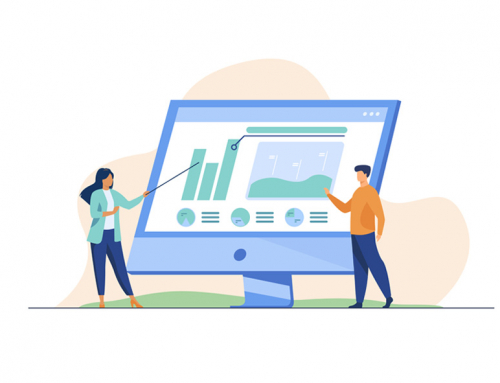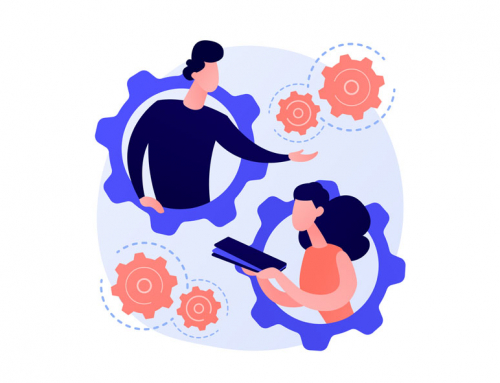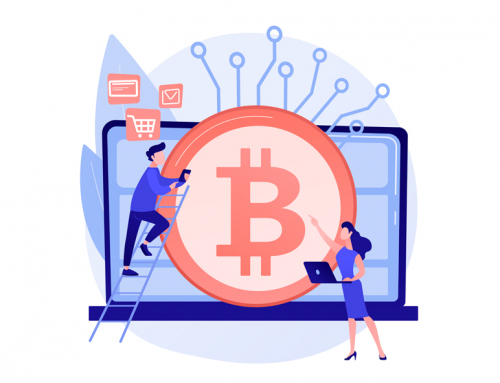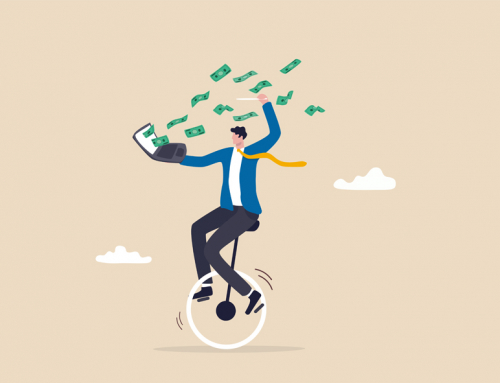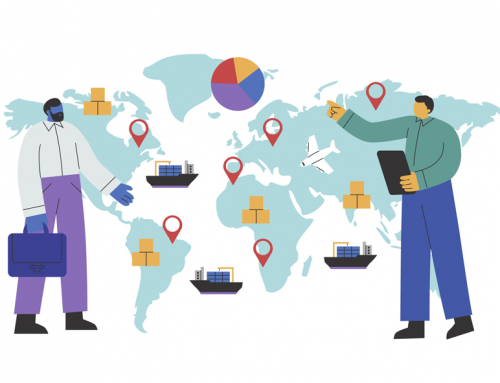Depending on the weather, the heat, the traffic jams, the result of yesterday’s match, …. influences how expensive or cheap your renovation budget or your insurance premium will be.
This process of error, very well studied in statistics and also called bias, which depends on controlled factors: precision, number of attempts, measurement system,… very mathematical, estimable and extrapolable, are much less determinant than external, controllable factors. Moreover, we believe that errors compensate each other. In other words, in an ultra-digitalised society, it is grandma’s notebook that makes the final decision. Something very human, to decide, and something even more human: to make mistakes. That is why creating an algorithm to make the decision may be contrary to “experience”, spontaneity. However, it would certainly be out of the “noise” effect, out of circumstances, and its error would be more measurable and controllable.
One effect of all this is now with the uncontrolled inflation, but where we see or hear continually: “…here the prices have been maintained…” thinking in this way to maintain sales, but probably if a more detailed analysis is made, such a decision is at least suicidal. In other words, not using digitalisation to make decisions is to believe that we are smarter than the numbers. And our business must be anything but passionate, because business understands balance sheets, psychology, sociology, even empathy, but a decision made with the heart can be deadly.

